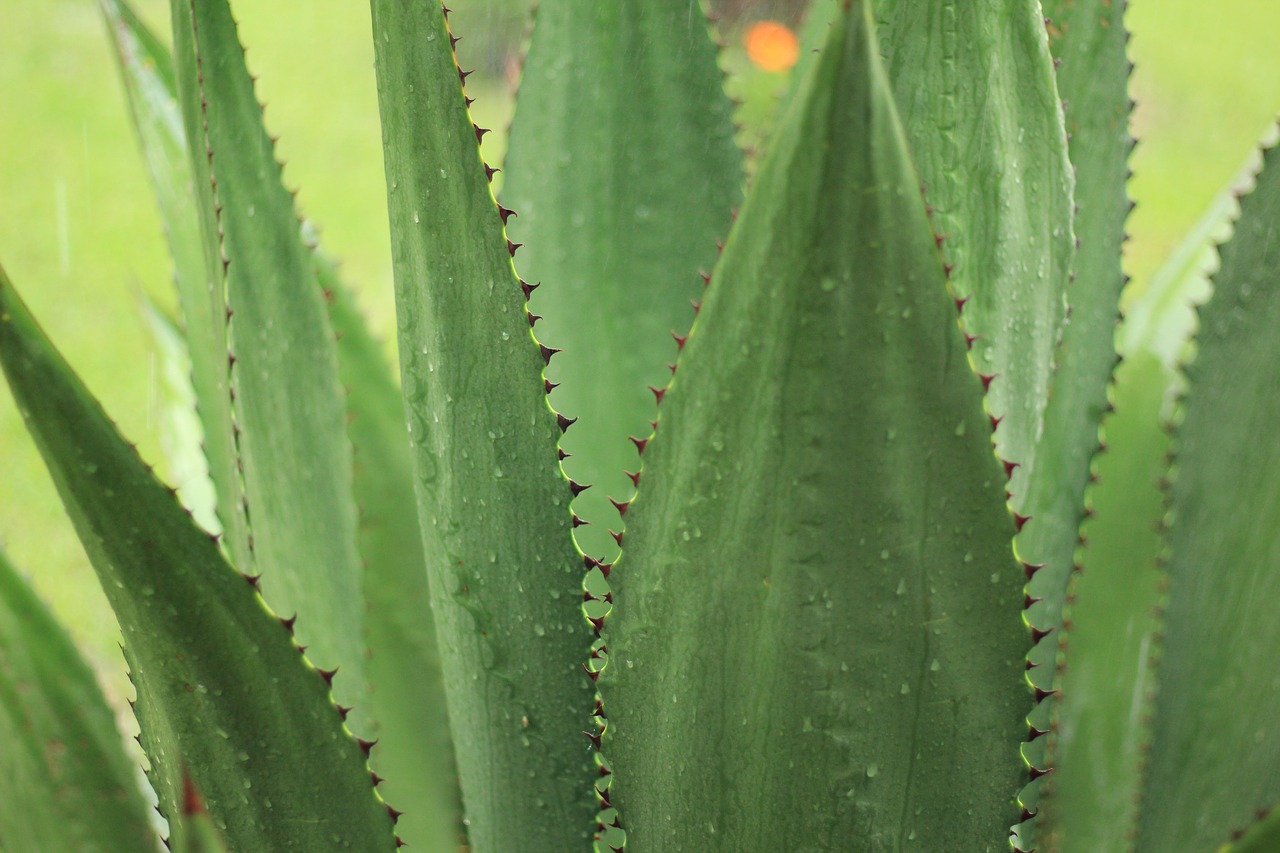Many Americans enjoy margaritas, and on the inexpensive end of the scale, tequilas and mezcals are interchangeable for mixing into these Jimmy Buffet-preferred concoctions. But Gents are interested in quality spirits, and on the quality end of the scale, there’s quite a bit of difference. By knowing the difference between the two liquors, you’ll more easily enjoy them the next time you want a sipping liquor.
Tequila is a type of mezcal in the same way that Champagne is a type of sparkling wine. Sparkling wine can be made by anyone, anywhere, and call itself that, but there are only a couple dozen houses in the north of France that have the legal right to call their sparkling wine Champagne. So too tequila is a type of mezcal (the way bourbon is a type of whiskey).
Where they are made
Tequila must be made (by Mexican law) from blue agave in government-specified areas of Jalisco. Also, at least 51% of the final product must come from the sugar derived from agave sap. Tequila that is 100% is much more expensive and is more of a sipping liquor. The land and facilities for making it are special enough to have UNESCO World Heritage designation.
Mezcal can be made of any of the 30 varieties of agave that grow in Mexico, but most often comes from Oaxaca, among many other places. It must have a minimum of 80% agave-derived sugar.
The law also states that producers must be exclusive. Tequila makers cannot make mezcal and vice versa.
How they are made
While they both derive from blue agave, tequila is distilled from the sap and the heart, and is usually steam-cooked in ovens, then distilled in copper pots. Mezcal is usually slow-cooked in pits in the ground, and then is distilled in clay pots. That distinctive smoky flavor of mezcal can be traced directly to this part of the process.
Tequila usually finishes around 104-106 proof, but is usually diluted to 80-86 proof for the US market.
How they are aged
The levels of aging are very similar between the two liquors.
- blanco for tequila, abacado for mezcal; this means 0-2 months aging for tequila and no aging at all for mezcal
- reposado for both; this means aging in wood barrels for 2-12 months for tequila, 2-11 months for mezcal
- anejo for both; this means aged in oak barrels over 12 months for tequila, at least 12 months for mezcal
- super anejo (only for tequila); aged at least 3 years
Okay, but what about that worm?
So here’s the thing. It’s not a legend, it’s real. The “worms” are really just insect larvae that normally infest agave plants, so it’s not surprising to see them end up somewhere in the process, drowning in booze instead of turning into beautiful night moths. However, it’s never seen in tequila, and the higher end mezcals eschew featuring them as they consider the worm too gimmicky. For a time the worms were favored as some distillers thought they changed the flavor for the better. But they’ve never been a standard part of mezcal production, and today the Mexican government forbids larvae or any other creatures to be added to mezcal. So, that’s all it is: a myth that never really had any legs (but plenty of wriggle!).
Do you have a preference between tequila and mezcal? Why (or why not)? Share with us in the comments below to get a coupon for 25% off your next shave service at any of our clubs, with new locations in Dallas, Houston, and Chicago recently open!



